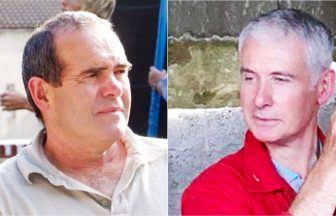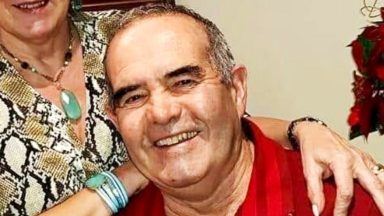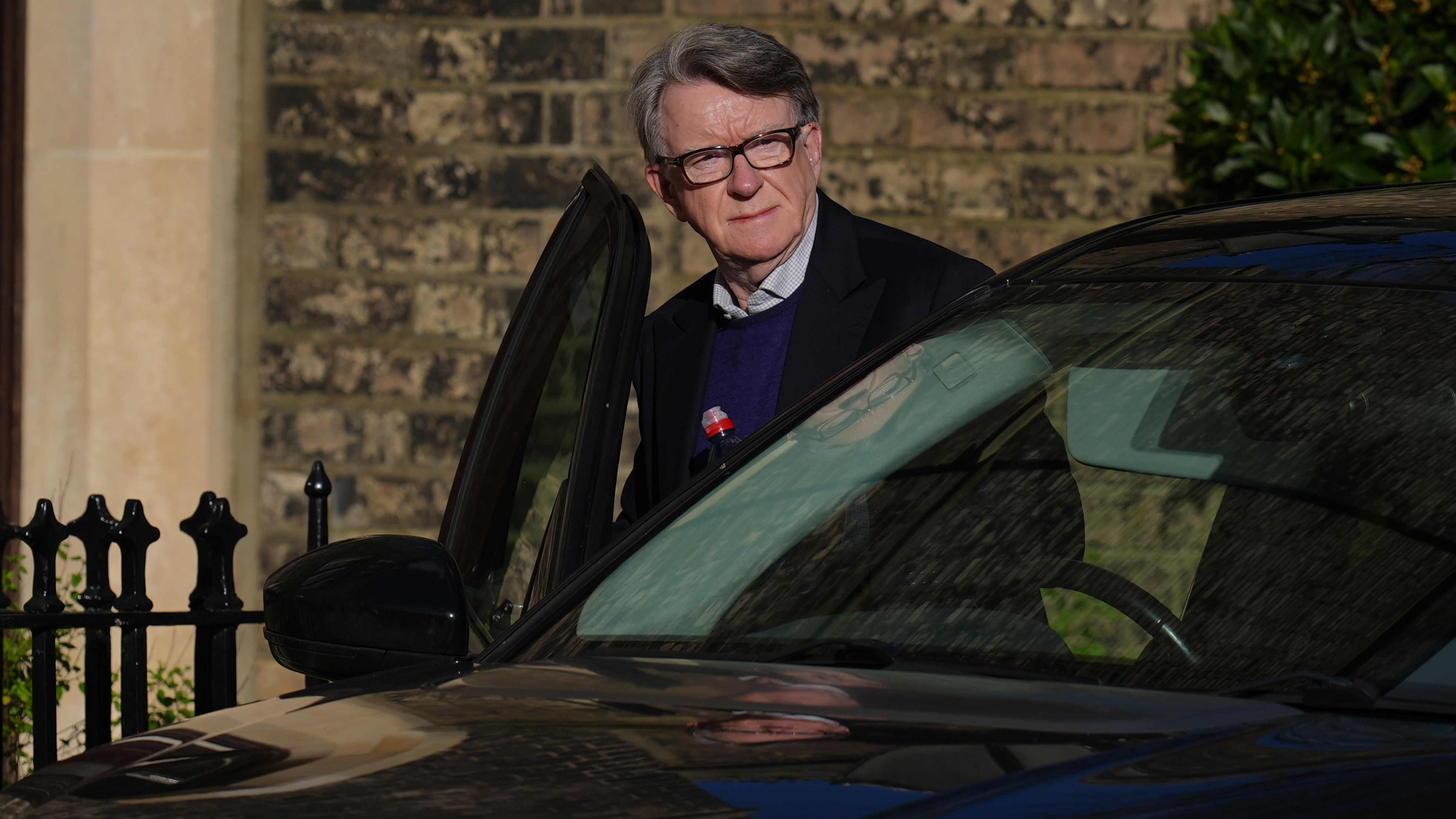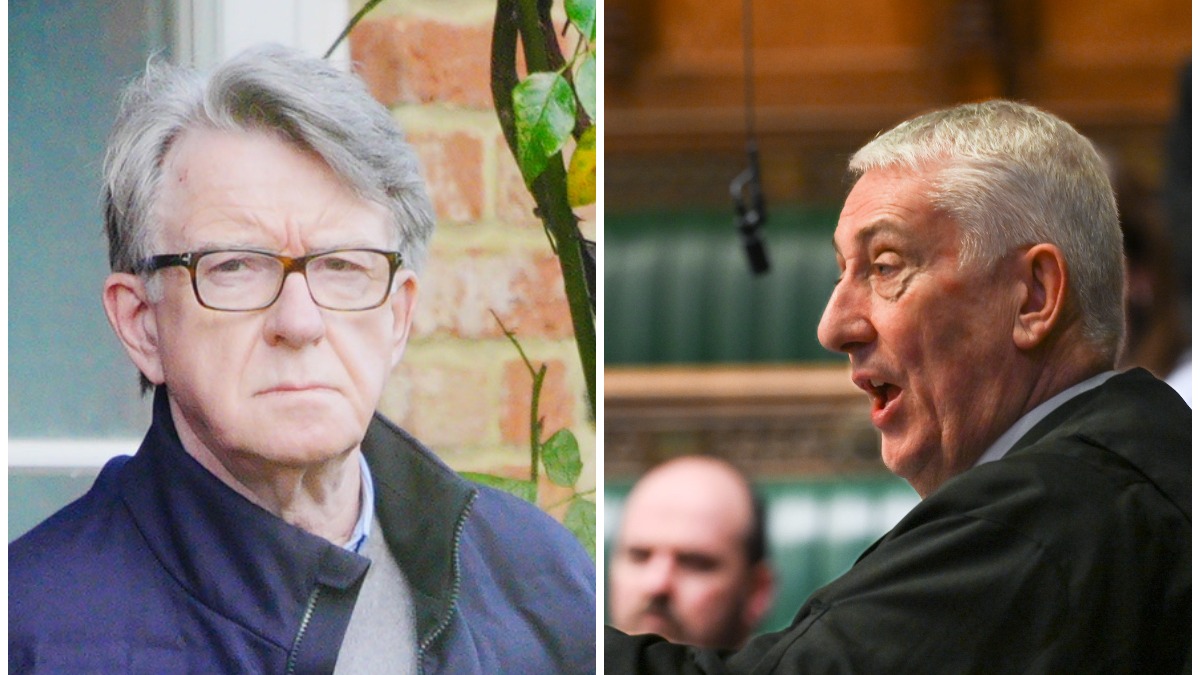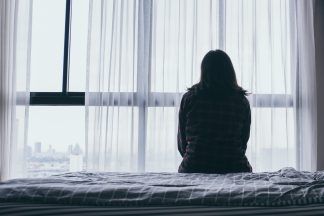Opposition parties have criticised Nicola Sturgeon for not cutting the self-isolation period in Scotland from ten to seven days.
The First Minister updated MSPs on the coronavirus situation on Wednesday but did not announce any immediate changes to existing restrictions.
Citing a study that showed Omicron was more transmissible but the effects were “less severe”, Scottish Conservative leader Douglas Ross questioned why no decision had been made.
He said: “Last week, I again asked the First Minister to make changes to self-isolation rules – to allow household contacts to end self-isolation if they have a negative PCR result and to reduce the isolation period from ten days to seven if they test negative twice.
“However, the First Minister’s message today on these essential changes is yet again ‘to tune in next week’. We have the ground-breaking Omicron study showing while it is more transmissable, it is less severe.
“Businesses across Scotland are struggling with the impact of these restrictions at what should be their busiest time of the year and many of the same businesses are also affected by these self-isolation rules.
“Absences and a lack of staff cover will mean premises having to close early or not open at all despite staff members testing negative.
“I’ve been speaking to businesses throughout the festive period and they are trying to plan for the next few weeks and months but the First Minister’s indecision on these self-isolation rules is continuing to cause them trouble to plan for the period ahead.”
Scottish Government guidance states that people who develop symptoms should stay at home for ten days from when symptoms begin and book a test. They should not visit a GP, pharmacy or hospital.
Household contacts of a positive test must self-isolate for ten days regardless of their vaccination status or a negative PCR test.
The rules are not as rigid in England as people can end their self-isolation period after seven days – providing they receive negative results on a lateral flow device on days six and seven.
Calls are growing on the UK Government to relax the rules even further after the United States slashed its self-isolation period to five days if people are not showing symptoms.
Describing it as “one of the most important and actually one of the most difficult decisions we will take”, Sturgeon said she was being responsible by considering any changes to self-isolation rules in depth.
She added: “We are still taking a few more days because we have a very rapidly rising number of cases right now which is both a reason to do this, but also a reason to be cautious about doing it.
“If we release people from isolation while they may still be infectious then yes we will relieve some of the pressure that we are seeing on the economy and that is not to be underestimated but that will be short-lived because the risk we take is that we will actually accelerate the spread of the virus and then that pressure on the economy will increase in the medium to long-term.”
The UK Health Security Agency estimated last week that someone with Omicron was between 31% and 45% less likely to attend A&E and 50% to 70% less likely to be admitted to hospital than an individual with the Delta variant.
The findings were broadly in line with studies published by Imperial College London and the University of Edinburgh.
Staff absences are proving problematic for many businesses – including the National Health Service – as Covid cases continue to hit record levels.
Scotland has seen a surge of more than 55,000 cases since Christmas Day, with 15,849 recorded on Tuesday – by some margin the highest daily case number reported during the pandemic so far.
Scottish Labour leader Anas Sarwar said: “When so many of us have spent the last few days enjoying Christmas with our friends and families, our frontline workers have worked tirelessly to keep us all safe and secure – but staff absences are spiking and the disruption to vital public services is rising.
“The First Minister must set out what scientific evidence she is relying on to justify delaying making any changes to self-isolation rules.
“Every restriction has a knock-on effect for workers and businesses, particularly in hospitality and retail.
“So, I repeat calls for the UK Government to work with devolved governments to support workers at this time of crisis – many of whom are fighting for survival.
“Every restriction means lost revenue for businesses that were often already fighting for survival, and some industries appear to have fallen through the cracks.”
Follow STV News on WhatsApp
Scan the QR code on your mobile device for all the latest news from around the country


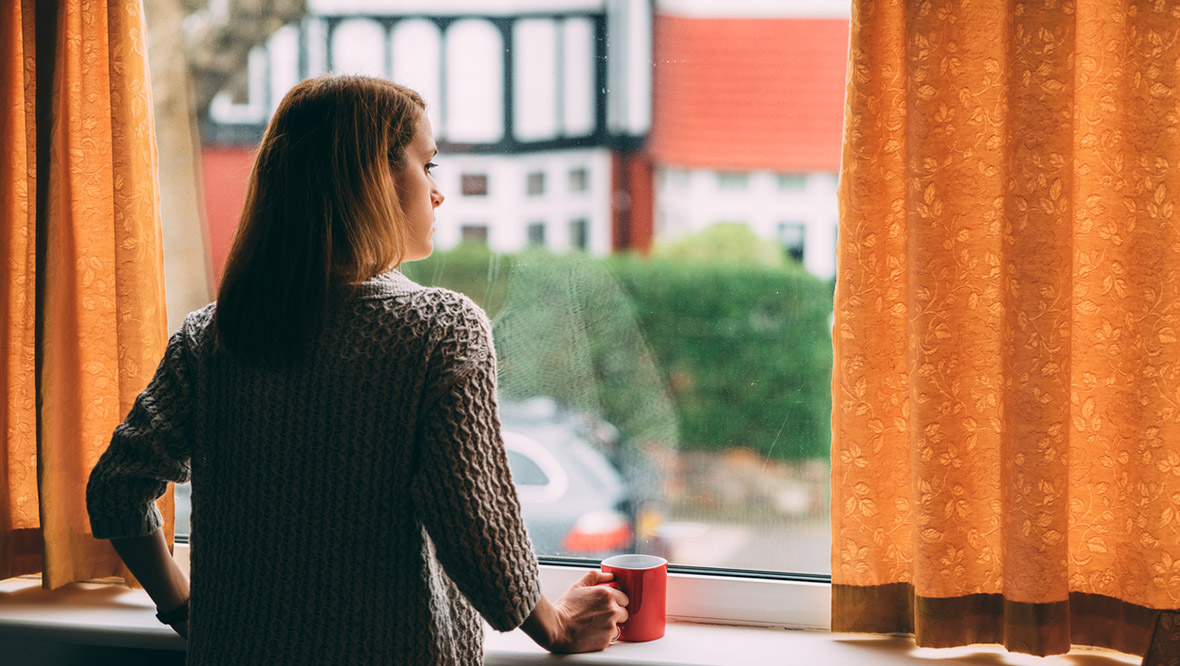 iStock
iStock


